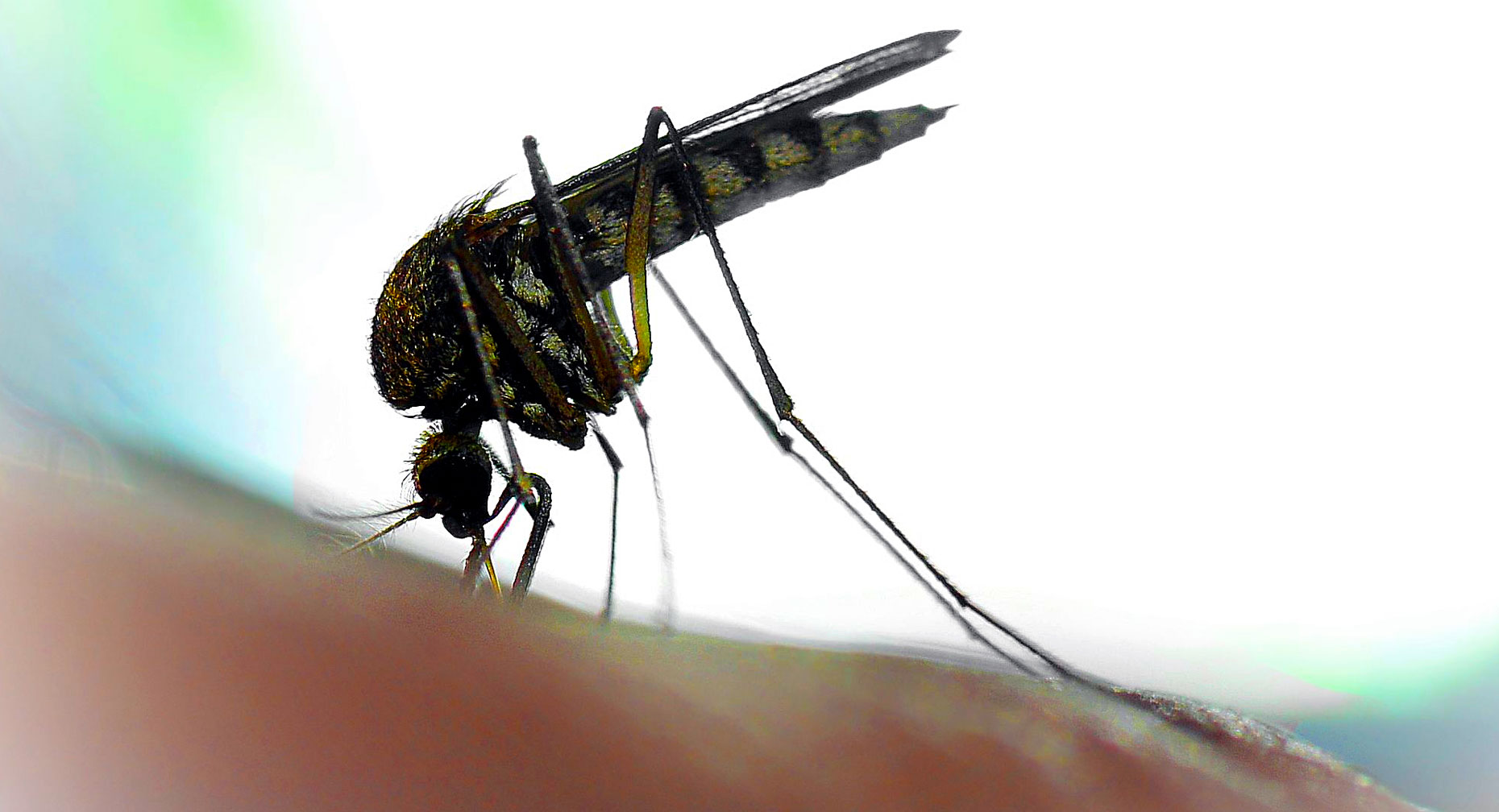Zika Virus & Pregnancy: What You Need to Know

Answer a few questions and we'll provide you with a list of primary care providers that best fit your needs.
If you’re pregnant or planning to become pregnant, you may be concerned about the Zika virus and the serious birth abnormalities it can cause. The virus is linked to microencephaly, which results in babies born with a smaller than normal head and brain size.
Carried by mosquitos, Zika virus is now present in parts of the United States. This is a big concern for health officials because of the risk to pregnant women and their unborn babies. The Zika virus can also be spread from an infected man to a woman during sexual intercourse.
“If mom is infected during pregnancy, there is a high risk for the baby to be infected,” says David McKenna, MD, who specializes in Maternal-Fetal Medicine at Perinatal Partners. “We are not able to accurately quantify the risk today, because we do not yet have enough information.”
Causes, Transmission & Treatment
Our knowledge of the Zika virus improves every day.
Zika virus first appeared in Uganda in 1947. It stayed contained in small parts of the world until 2015, when a large outbreak occurred in Brazil. The virus is quickly appearing in other countries, including the United States.
Scientists are studying Zika to learn everything they can about how it spreads and how to stop it. The virus can infect men and women. The virus is transmitted in three ways:
- By mosquitos
- From a pregnant women to her fetus, by crossing the placenta
- From an infected man to a woman during sexual contact
Many people infected with the Zika virus do not have symptoms. The virus usually causes mild illness that lasts about a week, says Dr. McKenna. Symptoms of Zika virus include:
- Rash
- Fever
- Headache
- Body aches
In some adults, Zika virus may create an increased risk for Guillain-Barre syndrome. This is an autoimmune condition where the body attacks its own nerves, causing major muscle weakness.
There is no current treatment for Zika virus, other than treating the symptoms by getting plenty of fluids and rest. Scientists are studying the virus to develop a vaccine to prevent infection.
Testing for Zika Virus
Blood and urine tests can confirm a Zika virus infection or exposure.
“Patients are asking about testing for Zika,” says Dr. McKenna. “If a pregnant women travels to an area with Zika, then she should be evaluated”. If she has symptoms of Zika, then the recommendation is to test her at that time for the virus. If she does not have symptoms, the testing should still be done, but at two weeks after coming home.”
“If mom is infected during pregnancy, there is a high risk for the baby to be infected,” says David McKenna, MD.
The latest data about Zika virus shows that four out of five women infected have no symptoms. This is why doctors recommend testing for all pregnant women living or traveling to areas where the Zika virus is present.
If you are pregnant and infected with the Zika virus, your doctor also may order tests to check the health of your baby.
How Zika Virus Affects Pregnancy
Information about how Zika virus affects pregnant women and unborn babies is rapidly changing as scientists continue to learn more about the virus and how it works. There is much we don’t know, says Dr. McKenna.
“If a mom is infected during her pregnancy, it is not 100 percent that the baby will be affected,’ says Dr. McKenna. “It also depends on how far along she is in the pregnancy. Generally, the fetal effects will be more severe if the mother is infected during the first half vs. the second half of the pregnancy.”
What we know about Zika:
- Pregnant women can be infected by the Zika virus.
- Mosquito bites cause most infections.
- Pregnant women can also be infected by sex with an infected man.
- The Zika virus can be passed from an infected mother to her baby during pregnancy or delivery.
- The Zika virus attacks neurological tissue.
- The risk to the fetus increases when Zika virus occurs early in the pregnancy.
- Zika virus can cause birth abnormalities, including:
- Microencephaly
- Eye defects
- Hearing loss
- Impaired growth
What we don’t know about Zika:
- If sexual transmission of Zika virus carries the same risks for birth defects as an infection caused by mosquito bite
- If a Zika infection in a pregnant woman will affect her health or her pregnancy
- If an infected pregnant woman will definitely pass the virus to her unborn child
- If a fetus infected with Zika virus will develop birth abnormalities
- When during pregnancy a Zika infection causes harm to the fetus
If you are pregnant and think you are — or were — infected by the Zika virus, talk with your doctor or health care provider right away.
4 Tips for Zika Virus Prevention & Protection
Dr. McKenna says women who are pregnant or want to become pregnant should not panic. There are many precautions you can take to protect yourself from a Zika virus infection.
- Avoid mosquito bites
- Use mosquito repellants that contain DEET on your clothing and/or skin.
- Wear long sleeves and long pants when possible.
- Remove standing water from your yard
- Mosquitos can breed in even a bottle capful of water.
- Toys (buckets and shovels) and refillable swimming pools should always be emptied after use.
- Do not travel to areas with a known Zika outbreak
- The mosquitos that carry Zika virus are present in parts of the southern United States, Mexico, Central and South America and the Caribbean.
- Check the Centers for Disease Control and Prevention website for a list of countries where Zika is active.
- Practice safe sex. Especially if:
- You or your partner is or was infected with the Zika virus.
- You or your partner traveled to a country with Zika activity.
Many communities — including in southwest Ohio — are implementing mosquito eradication programs to reduce the risk of Zika infection.
The Ongoing Fight Against Zika
The good news about the Zika virus is that it is not as serious as other recent viral outbreaks – such as Ebola — which can cause severe human disease and are highly contagious.
“I keep saying, ‘This is not Ebola,’” says Dr. McKenna. “To me, that means a lot.”
There are many ways to prevent exposure to the Zika virus to protect yourself and your baby if you are pregnant. These efforts, combined with local and national public health initiatives and scientific research, are a major part of the fight against Zika.
Answer a few questions and we'll provide you with a list of primary care providers that best fit your needs.
Source: David McKenna, MD, Perinatal Partners; Centers for Disease Control and Prevention; A to Zika: All About the Mosquito–B





